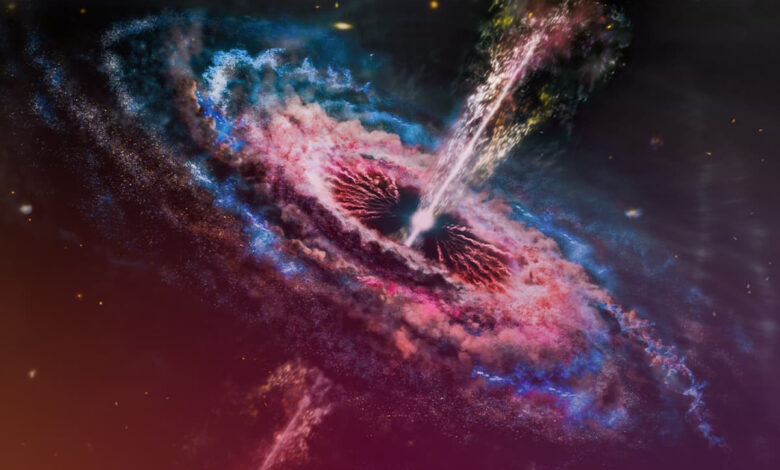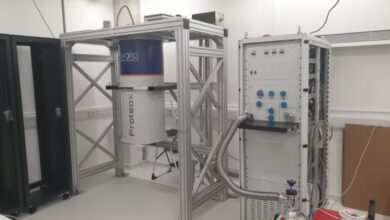Dark Energy Dismissed: Scientists Propose ‘Lumpy’ Universe Theory for Expansion

Groundbreaking shift from conventional cosmology, scientists from the University of Canterbury in Christchurch, New Zealand, have introduced a theory suggesting that dark energy, long thought to be the mysterious force driving the universe’s accelerating expansion, might not exist at all. Their findings, which challenge the status quo, propose that the universe expands in a more “lumpy” or varied manner than previously assumed, without requiring the presence of dark energy.
The research, published in a series of articles across various scientific platforms, leverages advanced analysis of supernovae light curves to argue for this new “timescape” model of cosmic expansion. Traditional models, like the Lambda Cold Dark Matter (ΛCDM) model, have relied on dark energy to account for the observed acceleration of the universe’s expansion. However, this new approach suggests that the differences in light stretching are not due to an accelerating universe but rather a consequence of how time and distance are measured in a universe with inherent structural “lumpiness.”
Professor David Wiltshire, who spearheaded the study, explains, “Our findings show that we do not need dark energy to explain why the Universe appears to expand at an accelerating rate. Dark energy is a misidentification of variations in the kinetic energy of expansion, which is not uniform in a Universe as lumpy as the one we actually live in.” This perspective could potentially resolve long-standing issues like the Hubble tension, where discrepancies exist between the current and early expansion rates of the universe.
The implications of this study are profound. If validated, it could signify a major shift in our understanding of the cosmos, moving away from a model where dark energy plays a pivotal role to one where the universe’s own structural irregularities drive its expansion. This theory posits that time passes more slowly in denser regions of the universe compared to vast, empty voids, which could give the illusion of an accelerating expansion.
The research has sparked significant discussion in the scientific community. Upcoming observations from projects like the Euclid mission and the Nancy Grace Roman Space Telescope are anticipated to provide the necessary data to either support or refute the timescape model. These observations will be crucial in determining whether this new paradigm can stand against the established dark energy hypothesis.
This narrative is not without its critics, who argue that while the timescape model is compelling, more empirical evidence is needed to fully discard the concept of dark energy. The debate is also fueled by posts on X, where there’s a buzz about the potential paradigm shift in cosmology, with users discussing the implications for our understanding of the universe’s fate.
The scientific community now stands at a crossroads, with exciting possibilities for future research that could either cement our understanding of dark energy or lead to a reimagining of the fundamental nature of the cosmos. As Professor Wiltshire notes, “With new data, the Universe’s biggest mystery could be settled by the end of the decade.”
This evolving story in cosmology underscores the dynamic nature of scientific inquiry, where what was once thought to be settled can be upended by new evidence and innovative thinking.




